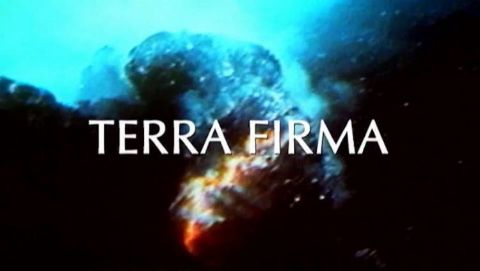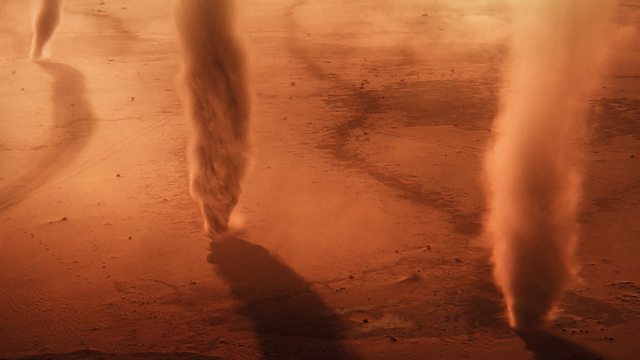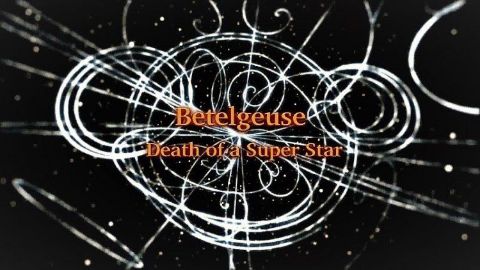The Truth About Meteors
On a bright, cold morning on 15th February 2013, a meteorite ripped across the skies above the Ural mountains in Russia, distintegrating into three pieces and exploding with the force of 20 Hiroshimas. It was a stark reminder that the Earth's journey through space is fraught with danger. A day later, another much larger 143,000 tonne asteroid passed within just 17,000 miles of the Earth. Presented by Professor Iain Stewart, this film explores what meteorites and asteroids are, where they come from, the danger they pose and the role they have played in Earth's history.
Make a donation
Buy a brother a hot coffee? Or a cold beer?
Hope you're finding these documentaries fascinating and eye-opening. It's just me, working hard behind the scenes to bring you this enriching content.
Running and maintaining a website like this takes time and resources. That's why I'm reaching out to you. If you appreciate what I do and would like to support my efforts, would you consider "buying me a coffee"?
Donation addresses
BTC: bc1q8ldskxh4x9qnddhcrgcun8rtvddeldm2a07r2v
ETH: 0x5CCAAA1afc5c5D814129d99277dDb5A979672116
With your donation through , you can show your appreciation and help me keep this project going. Every contribution, no matter how small, makes a significant impact. It goes directly towards covering server costs.





